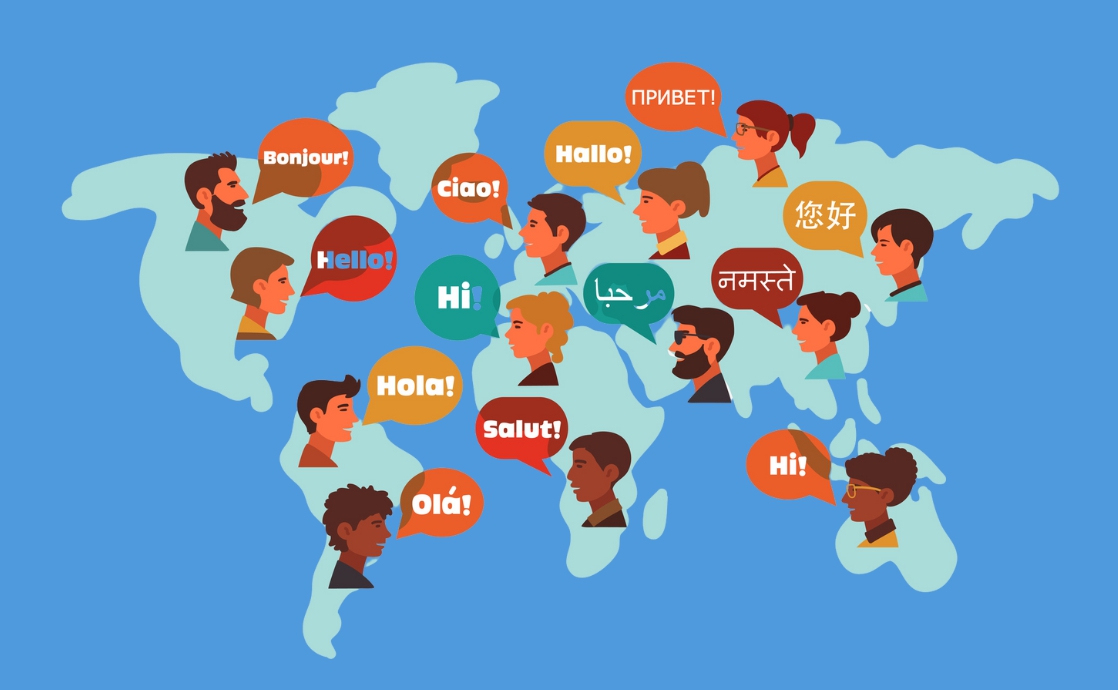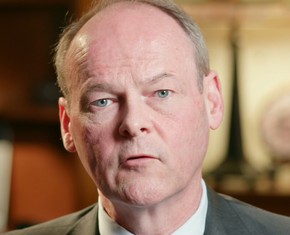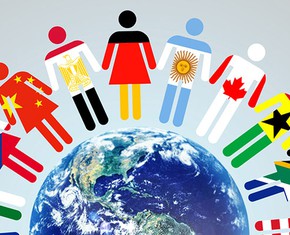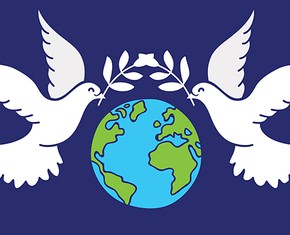The views expressed in our content reflect individual perspectives and do not represent the authoritative views of the Baha'i Faith.
One of the core principles of the Baha’i Faith – the development or selection of a universal auxiliary language for everyone on Earth – could revolutionize the way we deal with population growth.
Imagine it – when the next school year starts, children everywhere would learn their own native tongue, and an auxiliary second language, as well. In a generation, young people would all be bilingual. In two generations, or maybe three, everyone on Earth could communicate with everyone else.
RELATED: The Baha’i Call for a Universal Language
When we implement this common-sense principle, it will help unite humanity – and it will help moderate the exponential and unsustainable growth of the world’s population.
In his teachings, Baha’u’llah wrote:
The day is approaching when all the peoples of the world will have adopted one universal language and one common script. When this is achieved, to whatsoever city a man may journey, it shall be as if he were entering his own home.
How would a universal auxiliary language benefit us – and what could it do to help control the world’s population? Three ways immediately come to mind:
1. Communication Drives Education
When human beings can communicate with one another, we invariably become increasingly educated. The technological, health, and policy advancements in one nation or one region of the planet have traditionally been limited to those areas because of language and cultural barriers. When we remove those barriers, and make communication universal, it will allow education to simultaneously advance at the same pace all over the world. Abdu’l-Baha said:
… among the teachings of Baha’u’llah is the origination of one language that may be spread universally among the people. This teaching was revealed from the pen of Baha’u’llah in order that this universal language may eliminate misunderstandings from among mankind.
Eliminating those misunderstandings, which is the goal of all true education, can bring humanity together in unity.
2. Communication Drives Aspiration
Mass communication – the internet, mass media, film and television, even older technologies like radio and print – all contribute to social consciousness and awareness. When someone from a society that has limited access to modern mass communication encounters these communication tools and the positive messages they can convey, it can make a huge difference in their lives.
For example: The International Family Planning Perspectives Journal reports that when women in India, Pakistan, and Bangladesh have access to general media programming and family planning messages through media messaging, it has “a strong impact on reproductive attitudes and behaviors.” The study shows that women in those countries, which traditionally have high population growth because of a lack of birth control knowledge, education, and usage, are “more likely to approve of family planning than other women.” With a universal auxiliary language available, these media-driven messages could have been delivered to all women in all countries simultaneously, rather than taking decades to transmit.
In Paris during the early years of the 20th century, Abdu’l-Baha emphasized the Baha’i principle of a universal auxiliary language, saying:
All belong to the great human family, yet language is the barrier between them. The greatest working basis for bringing about unity and harmony among the nations is the teaching of a universal tongue.
When humanity overcomes the barrier of multiple languages with a universal auxiliary one, Baha’is believe, it will release a modernizing and moderating influence into the world that will help prevent and solve several of the world’s most pressing issues.
RELATED: One Language and One World Government
3. Communication Drives Unification
In a talk he gave in London, Abdu’l-Baha said “The differences in language cause disunion between nations. There must be one universal language.”
Unquestionably, our inability to communicate directly and simply with others prevents discourse, the sharing of knowledge, and peace between countries. In Paris in 1913, Abdu’l-Baha said:
One of the great steps towards universal peace would be the establishment of a universal language. Baha’u’llah commands that the servants of humanity should meet together, and either choose a language which now exists, or form a new one. … the question of diversity of tongues is a very difficult one. There are more than eight hundred languages in the world, and no person could acquire them all.
The races of mankind are not isolated as in former days. Now, in order to be in close relationship with all countries it is necessary to be able to speak their tongues.
A universal language would make intercourse possible with every nation. Thus it would be needful to know two languages only, the mother tongue and the universal speech. …
Difference of speech is one of the most fruitful causes of dislike and distrust that exists between nations, which are kept apart by their inability to understand each other’s language more than by any other reason.
If everybody could speak one language, how much more easy would it be to serve humanity!
We now have the tools and the ability to make this seminal change. Many syncretic universal languages have been formulated, Esperanto perhaps the best-known and most used; and languages like Arabic, Mandarin Chinese, and English have spread around the world in wide use, as well. One of those predominant languages may emerge over time as a universal one, or a future system of global governance could choose to teach a selected language in the world’s schools in addition to native languages everywhere.
When we take this step, the world will come together in a new and wonderfully unified way, and in ways that will reduce the pressures of population growth on all of us.
















Comments
Sign in or create an account
Continue with Googleor